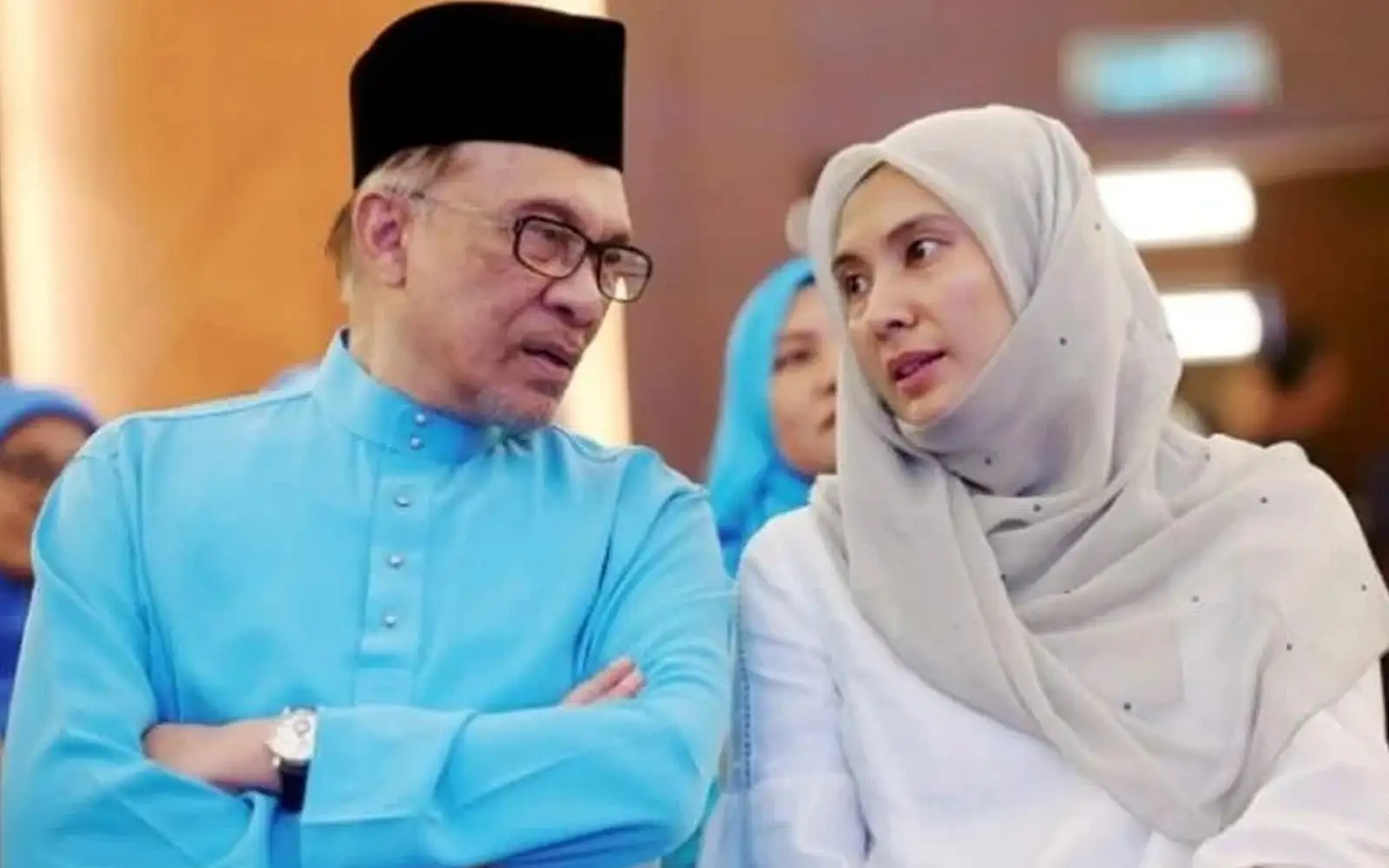
From P Ramasamy
If Nurul Izzah, the eldest daughter of Prime Minister and PKR president Anwar Ibrahim, can convincingly demonstrate that she enjoys no undue advantage in contesting the deputy presidency of PKR, then I would be prepared to accept that nepotism has no role in the upcoming party elections.
After much hesitation, Nurul Izzah finally decided to challenge the incumbent deputy president, Rafizi Ramli.
Her candidacy immediately reignites the debate over nepotism, given that she is not only the daughter of the party president but also the daughter of the current prime minister.
Her popularity – both during the height of the Reformasi movement and now – has largely been driven by these familial connections.
This is not to say that Nurul Izzah lacks intelligence, capability or insight into managing party and national affairs. Her presence during the darkest days of her father’s political persecution is well acknowledged.
However, one cannot deny that her political rise has been significantly aided by her family background. Had she been just an ordinary PKR member without the Anwar name, it is doubtful she would have reached her current stature.
Rafizi, for his part, is not without flaws. He is often criticised for being out of touch with the party grassroots, and his economic ideas as economy minister seem, at times, to confound even professional economists.
His tendency to take political leave from the party adds to questions about his long-term commitment. Nevertheless, Rafizi has carved out his own political identity, largely independent of party dynasties.
Ironically, despite the criticisms, Nurul Izzah might actually be a better candidate than Rafizi. The problem lies not in her ability but in the unavoidable shadow cast by her family connections.
Even if she has genuine support among party members, the line between merit-based support and support rooted in nepotistic loyalty remains blurred.
If Nurul Izzah wins, and chances are that she might, the fact that she is Anwar‘s daughter will haunt her political credibility for years to come. Whether she acknowledges it or not, this connection gives her a natural advantage over Rafizi.
If Rafizi loses, he could plausibly point to nepotism as the deciding factor. Any weakness on his part would likely be overshadowed by the larger narrative of familial bias.
PKR has come a long way since the early days of the Reformasi movement. It was once a political movement that stood for justice, reform, and the dismantling of entrenched political patronage.
However, today it appears to be limping forward on the same crutches it once vowed to discard – favouritism and nepotism.
One can’t help but wonder if the culture of political inheritance so prevalent in DAP has now rubbed off on PKR.
The outcome of this internal contest will say much about the state of reformist politics in Malaysia. More importantly, it will test whether PKR still has the courage to stand on the principles it was founded upon – or whether it has resigned itself to the very political culture it once opposed.
P Ramasamy is Urimai chairman and former Penang deputy chief minister II.
The views expressed are those of the writer and do not necessarily reflect those of FMT.






